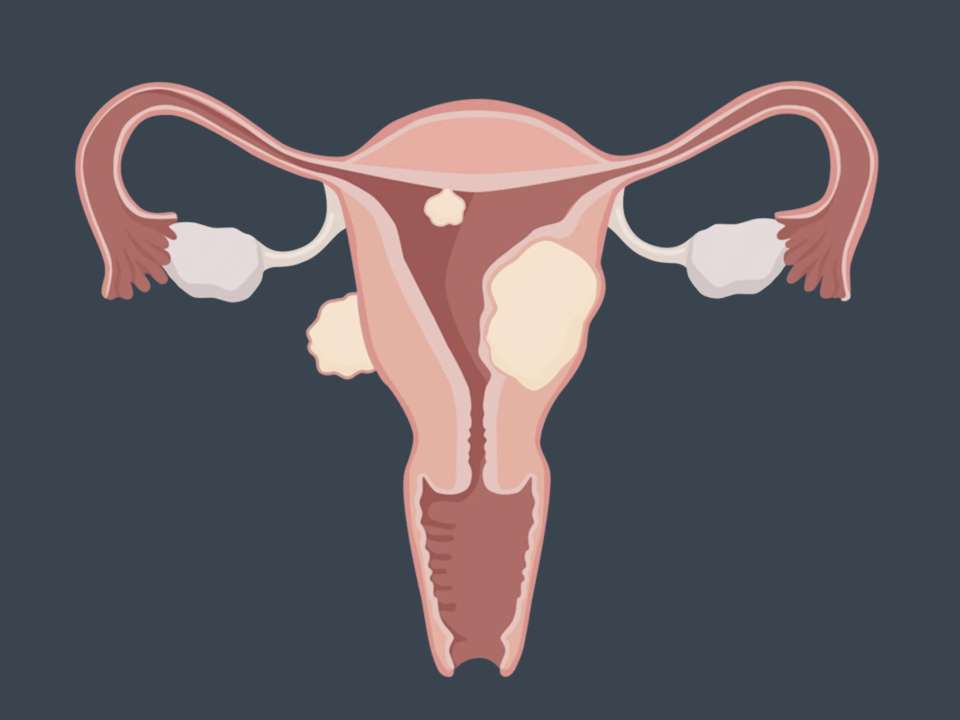
Seattleites love dogs. There are more dogs in Seattle than children (about 45,822 more according to 2011 U.S. Census and Seattle Animal Shelter data). Our city is teeming with doggie daycare services, dog-friendly cafes and restaurants and hipster pet shops. We even have a local dog celebrity who rides metro buses by herself.
Clearly, we recognize the emotional benefit of having a faithful companion—but did you know dogs can also help us stay healthy?
“Dog ownership, and pet ownership in general, tends to be associated with better health and longer lifespan in people,” says Matt Kaeberlein, Ph.D., a pathologist who studies the biology of aging.
Why dogs rule
In a recent Swedish study, owning a dog appeared to lower one’s risk for cardiovascular disease. The benefit was most pronounced for people living alone with their pet, but having a dog was also associated with lower mortality overall, no matter someone’s living circumstances. More than 3.4 million people were included in the study over a 12-year period.
The results fit with previous findings from smaller studies over the past few years, Kaeberlein says.
There are several reasons why your pooch may be boosting your health, according to Kaeberlein. First, dog owners may get more exercise from regularly walking, hiking or playing with their dog.
Plus, one study found that petting dogs could improve one’s levels of immunoglobulin A, an antibody that helps protect our gastrointestinal, respiratory and urinary tracts from infection.
Dogs also encourage us to socialize, Kaeberlein says. If you’re someone who takes your dog to the dog park, you’re probably interacting with other humans. And if you’re one of those dog owners who talks to your dog when the two of you are alone (no judgment), your brain could perceive that exchange as a kind of social interaction as well.
Another interesting and mildly gross way your dog is keeping you healthy? All those slobbery kisses. If you live with a dog or two, chances are you share parts of each other’s microbiome, the millions-strong colony of bacteria making themselves at home in our bodies. Experts say that sharing bacteria with your dog can help prevent the onset of allergies or illnesses like asthma, and can even strengthen your immune system.
Giving back
What’s more, working to help our dogs stay healthy could make us healthier. Kaeberlein is the director for the Dog Aging Project, a unique, multi-faceted study looking for ways to extend older dogs’ healthy years and prevent age-related decline. Owners choose to enroll their dogs, who then become furry citizen scientists.
The study involves giving dogs a drug called rapamycin that is used in humans to prevent the body from rejecting transplanted organs and developing cancer, and has been shown to give mice more illness-free years as they age.
Aside from wanting to help our companions live longer, healthier lives, Kaeberlein and his colleagues recognize any positive findings from the study could also impact humans.
“Anybody who has had an old dog and watched them decline knows how hard it is,” he says. “Improving health for our pets has a direct impact on quality of life for the pet owner.”

 Healthy ideas for your inbox
Healthy ideas for your inbox





